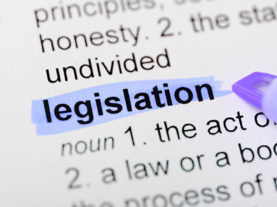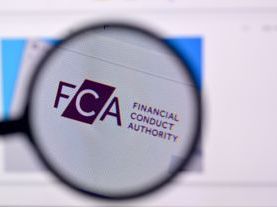Self-driving vehicles have been given the green light to operate on Britain’s roads. The incoming legislation was confirmed by HM King Charles III in his opening of Parliament address last week.
At present, the driver of a vehicle is fully responsible for driving safely and following the rules of the road. They retain this responsibility even when using the array of advanced driver assistance features that have reached the market in recent years.
That is due to change.
As vehicle technology continues to advance, features will be available that are capable of safely driving a vehicle without the need for human monitoring or control. At that point, it will no longer be viable to hold a human driver accountable for the behaviour of the vehicle. A new framework will be developed to protect users of self-driving vehicles, and to create a robust system of standards, scrutiny, and accountability for the companies that develop and operate them.
The new legislation will be one of the world’s most comprehensive legal frameworks for self-driving vehicles, based on recommendations set out in a four-year review by the Law Commission. The BVRLA worked closely with the Law Commission as it developed the recommendations and will continue to work closely with the Department for Transport (DfT)’s Centre for Connected and Autonomous Vehicles as it looks at other guidance.
The Centre for Connected and Autonomous Vehicles (CCAV) has created a toolkit to support industry messaging as more advanced vehicle technology comes to market.
Also see the BVRLA’s ‘Inside Track’ podcast episode: Is AI shaping how future vehicles drive?

In other parliamentary news, Anthony Browne MP has been appointed Parliamentary Under Secretary of State at the DfT today (13 November). He replaces Jesse Norman MP, who resigned from the role earlier this week.
Following the publication of the UK Government’s Fraud Strategy, Mr Browne was previously appointed as the first Prime Minister’s Anti-Fraud Champion and is the MP for South Cambridgeshire.




